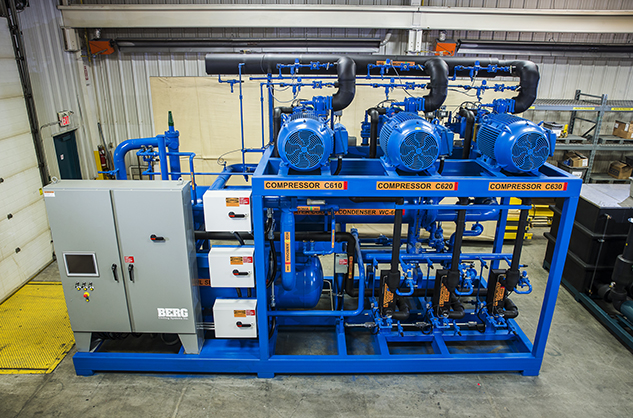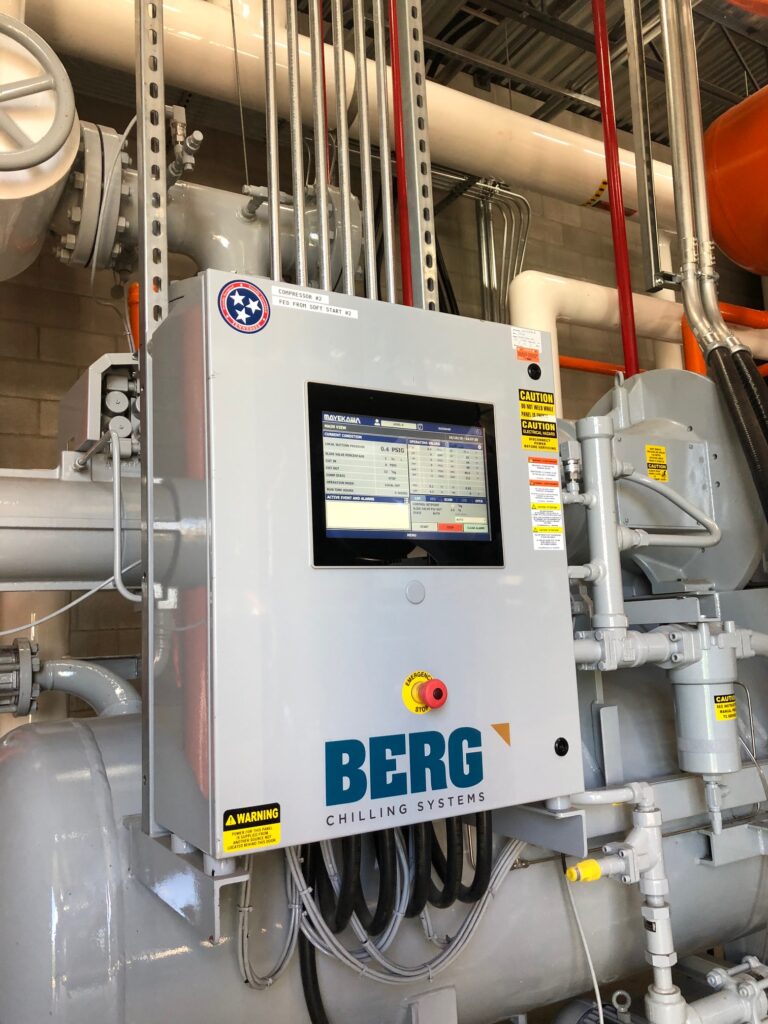In the realm of modern industry, energy efficiency stands as a cornerstone for sustainable operations and responsible resource management. Among the various systems contributing to industrial processes, chilling systems play a pivotal role in maintaining optimal temperatures for numerous applications. Energy efficiency in these systems involves utilizing technology, practices, and equipment to minimize energy wastage while ensuring reliable performance. By enhancing efficiency, the significance of energy efficiency within chilling systems is undeniable—it aligns with environmental goals and carries substantial economic advantages.

The global drive towards sustainability places energy efficiency at the forefront of industrial practices. Chilling systems, responsible for cooling various industrial processes, often consume significant amounts of energy. Enhancing the energy efficiency of these systems directly contributes to reducing greenhouse gas emissions and lessening the industrial carbon footprint. By optimizing chilling system operations, industries can minimize their environmental impact and actively participate in mitigating climate change.

Implementing energy efficiency in industrial chilling systems requires a comprehensive approach. Regular maintenance, equipment upgrades, insulation enhancements, and proper system design all contribute to improved efficiency. Conducting energy audits and collaborating with specialized consultants can provide valuable insights into areas for improvement. Additionally, fostering a culture of energy consciousness among employees can lead to ongoing energy-saving practices.
The regulatory landscape is evolving to enforce stringent energy efficiency standards. Adhering to these regulations is not only a legal requirement but also a factor that influences an organization's reputation. Businesses that actively embrace energy-efficient practices portray themselves as responsible corporate citizens, committed to sustainability and environmental preservation. This positive image enhances brand reputation and can attract environmentally conscious partners and customers.
In the pursuit of a sustainable future, energy efficiency takes center stage, especially within industrial chilling systems. The symbiotic relationship between reduced energy consumption, environmental responsibility, and cost savings underscores the critical importance of optimizing chilling system operations. As industries continue to embrace advanced technologies and innovative solutions, the path towards energy-efficient operations becomes increasingly attainable. Prioritizing energy efficiency in industrial chilling systems contributes to a greener planet and long-term economic viability. Integrated energy-efficient practices will shape a sustainable and responsible future.
In 2020, Berg achieved a significant milestone by delivering a tailored solution - an advanced industrial refrigeration system - to Gracious Living. This innovative system not only optimized their cooling processes but also achieved substantial reductions in energy consumption and related costs. At Berg, we understand that every industry has its unique challenges and requirements. Explore how Berg's expertise can help improve your organization's performance and reduce energy costs. Let's pave the way towards a greener, more sustainable future.